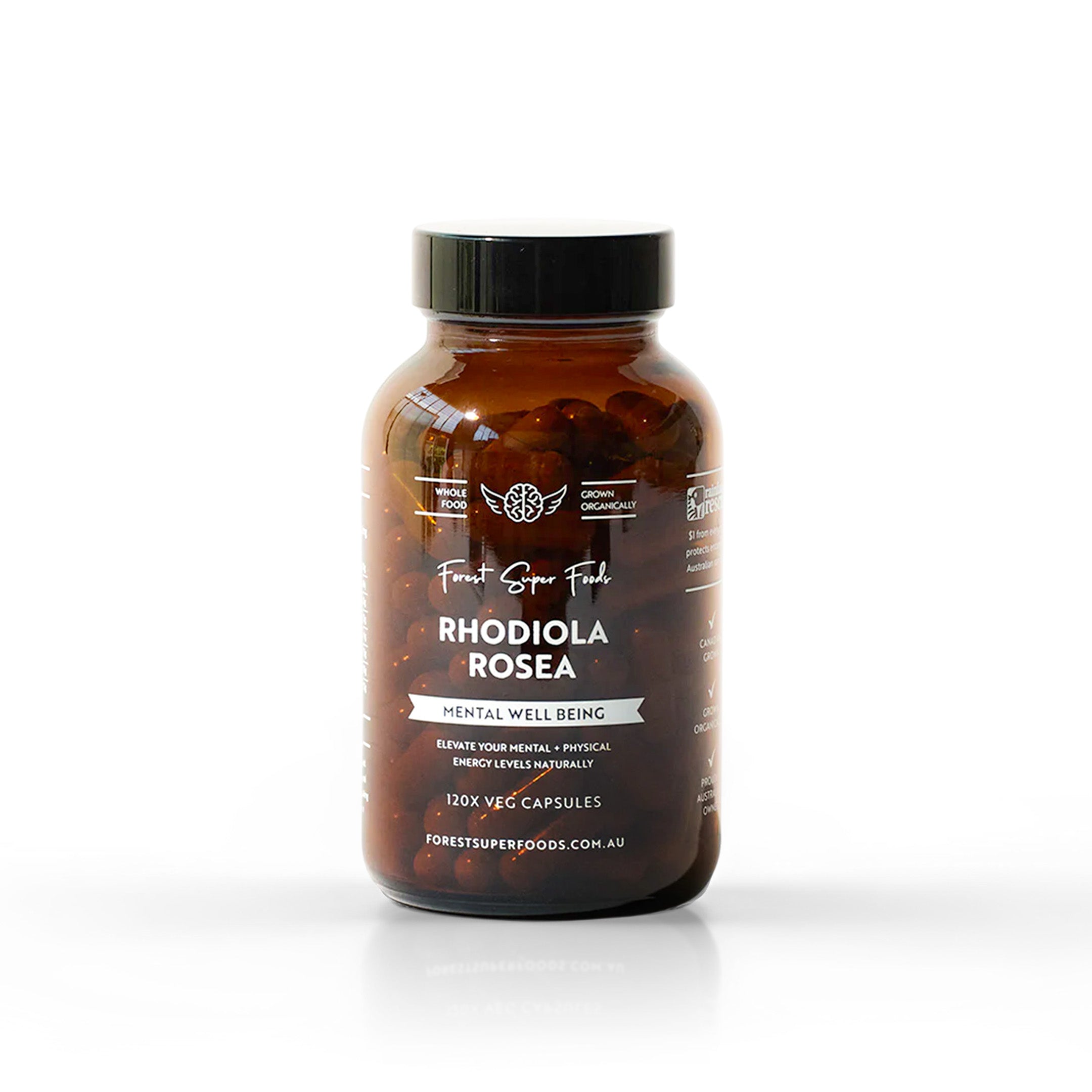The adrenal glands – two small organs that sit atop your kidneys – play a massive role in maintaining energy, mood, and resilience to stress. These glands produce hormones like cortisol, adrenaline, and DHEA, which regulate your body’s stress response, blood pressure, metabolism, and even immune function. But in our modern, fast-paced world, it’s easy for them to become overworked and undernourished.
When your adrenals are under strain, you may not notice immediately. The signs often creep in slowly and can be mistaken for general fatigue or “just being busy.” Yet recognising the early clues can make all the difference in restoring balance and vitality.
1. You Wake Up Tired, No Matter How Much Sleep You Get
One of the hallmark signs of adrenal dysfunction is waking up exhausted, even after what should be a good night’s rest. The adrenals help regulate your natural circadian rhythm – your body’s sleep–wake cycle. When cortisol output is disrupted, your mornings may feel like wading through fog, and your energy might not kick in until later in the day.
2. You Rely on Caffeine or Sugar to Get Through the Day
If you find yourself reaching for another coffee, energy drink, or sugary snack just to “keep going,” your adrenals might be calling for help. These quick fixes give a temporary boost by stimulating adrenaline and cortisol production, but over time they worsen the cycle of depletion.
True adrenal support means helping your body produce steady, natural energy – not forcing it to push through fatigue.
3. You Feel ‘Tired but Wired’ at Night
Do you feel exhausted all day but suddenly alert when it’s time for bed? This pattern is a classic adrenal sign. Cortisol should be highest in the morning and lowest at night, allowing melatonin to help you sleep. When the rhythm flips, you may struggle to unwind or fall asleep, perpetuating the cycle of fatigue.
4. You Crave Salty or Savoury Foods
The adrenals regulate sodium and potassium balance through the hormone aldosterone. When they’re under stress, sodium retention drops, leading to salt cravings. If you often crave chips, olives, or salty broth – especially during stressful times – it may be your body’s way of signalling adrenal fatigue.
5. You Struggle to Handle Stress or Feel Easily Overwhelmed
Healthy adrenals help you adapt to challenges and recover quickly from stress. When they’re depleted, even minor frustrations or emotional upsets can feel magnified. You may notice increased anxiety, irritability, or difficulty concentrating.
6. You Experience Afternoon Energy Crashes
A mid-afternoon slump around 2–4 pm can indicate cortisol imbalance. You might feel your motivation drop sharply, crave carbohydrates, or even need a nap to get through the day. This pattern is common when the adrenals can’t maintain stable energy output.
7. Your Immune System Feels Compromised
Cortisol plays an important role in immune regulation. When your adrenals are overworked, your immune defences can weaken – leaving you more susceptible to colds, flus, and slower recovery times from illness or exercise.
8. You’ve Experienced Long-Term Stress or Burnout
Whether from emotional strain, chronic illness, overtraining, or lack of sleep, prolonged stress is a major driver of adrenal imbalance. Even if the stressful period has passed, the adrenals can remain sluggish, making it hard to regain your former vitality.
Supporting Your Adrenals Naturally
If several of these signs sound familiar, it may be time to nourish your adrenals rather than push them harder. Here’s where to start:
-
Prioritise rest and sleep. Aim for 7–9 hours of quality rest, with consistent bedtimes.
-
Balance blood sugar. Eat regular, protein-rich meals to avoid energy crashes.
-
Reduce stimulants. Gradually cut back on caffeine and processed sugar.
-
Support with whole foods and herbs. Nutrient-dense foods (like leafy greens, sea salt, eggs, and quality proteins) and adaptogenic herbs (such as ashwagandha, licorice root, or rhodiola) can be beneficial.
-
Manage stress gently. Yoga, meditation, deep breathing, and time in nature all help reset your stress response.
Adrenal imbalance doesn’t happen overnight – and recovery takes patience. But by listening to your body’s subtle cues and offering the right support, you can rebuild resilience, improve energy, and feel grounded again.
Organic Ashwagandha CapsulesA powerful supplement for your health and wellness. Order Now |

|
Frequently Asked Questions
What does Ashwagandha do for the body?
Ashwagandha is a traditional adaptogen known for helping the body manage stress. It may support hormone balance, improve energy levels, reduce anxiety, and enhance sleep quality. Some studies also suggest benefits for brain function, endurance, and immunity.
Is Ashwagandha allowed in Australia?
Yes, Ashwagandha is approved for use and sale in Australia as a listed ingredient in supplements. At Forest Super Foods, we ensure our Ashwagandha is 100% organic and compliant with Australian standards and regulations.
What happens if I take Ashwagandha daily?
Many people take Ashwagandha daily for long-term stress support, improved mood, and better sleep. Most benefits are noticed gradually over weeks. Always follow the recommended dose and consult a healthcare professional if you're on medication or managing a health condition.
Does Ashwagandha have side effects?
Ashwagandha is generally well tolerated, but in some cases, it may cause digestive upset, drowsiness, or hormonal effects. It's not recommended during pregnancy, and people with thyroid conditions or autoimmune disorders should consult their doctor first.
Does Ashwagandha make you sleepy?
Ashwagandha doesn't act like a sedative, but it may promote relaxation and help reduce overactive stress responses. This calming effect may support deeper sleep at night without causing grogginess during the day.
How long does it take for Ashwagandha to kick in?
Most people start noticing effects within 2 to 4 weeks of consistent use. However, it can vary depending on your health, dosage, and what you're using it for (e.g., stress, sleep, energy, or hormones).









Leave a comment
All comments are moderated before being published.
This site is protected by hCaptcha and the hCaptcha Privacy Policy and Terms of Service apply.